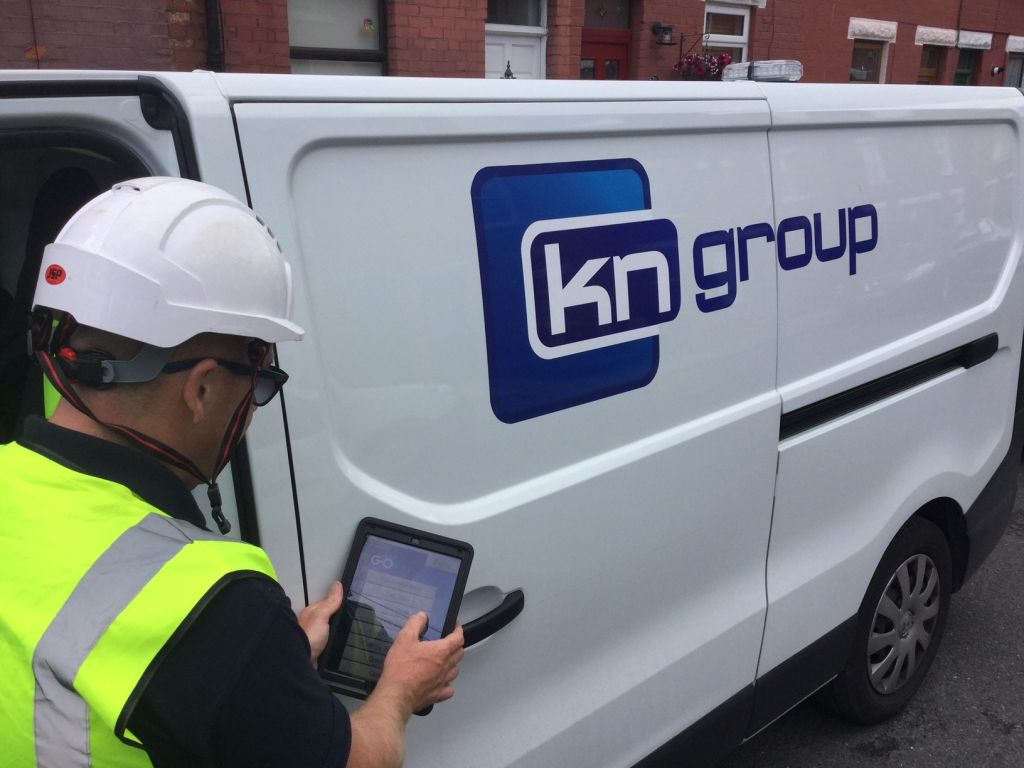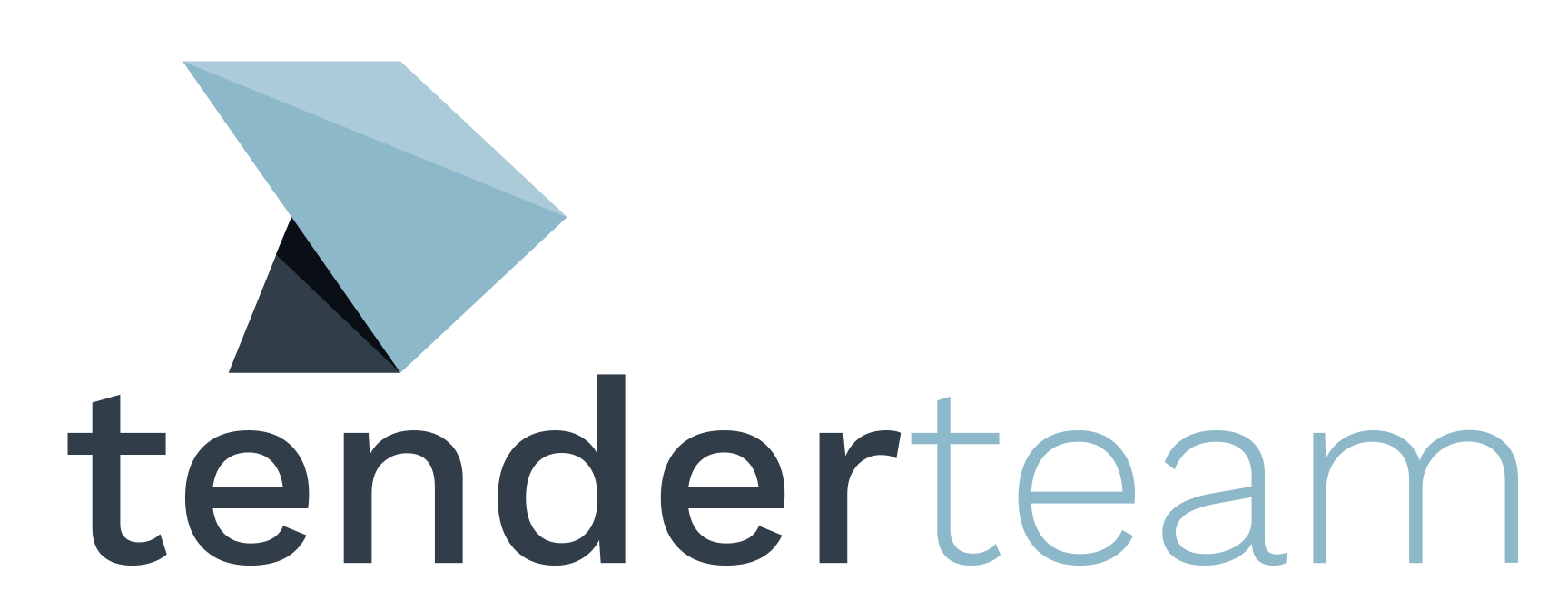Despite the turmoil and unpredictability caused by COVID-19, sustainable procurement is increasingly on the agenda for buyers, consumers, employees, and investors, who are demanding that businesses take positive and demonstrable steps to reduce their negative environmental impact. It is incumbent on all organisations to stimulate the provision of more resource-efficient, less polluting goods, services and works within the marketplace.
Green Procurement – what is it exactly?
Green Public Procurement (GPP) is a process where public authorities seek to source goods, services or works with a reduced environmental impact. The Government of Ireland’s annual public sector purchasing accounts for 10% to 12% of Ireland’s GDP, a large part of economic activity and demand.
The Pressure Is On
Business and social pressure can be immense, with many organisations swamped by the swathes of information as to how to start the sustainable process and what is reasonably expected of them. Choosing the right KPIs allows your organisation to deliver quantifiable, solid and calculable results to gauge your carbon footprint reduction and to suit your firm size. It goes back to the issue of tangible return on investment – results must be measurable in order to sustain interest and leadership in the plan, and to achieve buy-in across the organisation as a whole. A shift in attitude such that carbon reduction becomes inherent in the lifeblood of an organisation’s ethos must occur to make a real difference in what we now face in the years to come.
Which KPIs to Choose?
Choosing the right KPIs allows businesses to identify their minimum starting points and areas that can be improved immediately, such as premises and/or working from home, changing to sustainable energy alternatives and usage, waste disposal, LED lighting, staff travel plans, roof garden bee-keeping, growing more plants and creating micro vegetable gardens, but also to communicate impacts and trade-offs of procurement decisions.
It can be tricky finding the balance between cost effectiveness and sustainable development. We need to be sure that what is purchased has minimal harmful effects on the environment and society. Sourcing sustainable alternatives is a starting point. Where items are essential to the business, changing and monitoring demand can involve reducing the number of deliveries required, perhaps opting to take a bigger delivery once a week rather than multiple smaller ones.
Delegating Leadership
Addressing carbon footprint reduction might seem like extra workload in already pressurised working environments, with smaller organisations finding it a challenge to properly resource. By empowering environmentally conscious staff members and adding this CSR focused string to their career bows, this can diminish the burden and tick the essential climate action box. Positive reinforcement and rewarding can be achieved within the remit of staff reviews and appraisals. If they feel there’s financial and emotional/conscience-reward, they’ll surely deliver!
What organisations of all sizes frankly require to reduce their carbon footprint is an innovative and collaborative approach, working with suppliers and even competitors to assist in the bigger picture. From experience in advising clients on construction and related tenders, organisations are starting to select subcontractors and suppliers with whom they are aligned in reducing their carbon footprint, thereby setting agreed expectations from the outset.
In the banking sector, organisations are merging to create a central service to collect and distribute important paperwork from high street branches, removing the need for each bank to run their own journeys – creating both environmental and cost savings for all parties. The tenderer’s remit here is to drive the agenda and present potential solutions, which can then be discussed with team members at all levels of the business.
The biggest challenge is often trying to view things differently. Many in tendering and procurement will not have tackled such issues before and there’s no simple guide to assist with key steps on how to become more innovative overnight. It’s a matter of taking small steps each day, and building a sustainable strategy over a 5 year period, which should be reviewed year on year, and amended according to the business trajectory and environmental circumstances as they evolve.
The opportunity for procurement is significant. CEOs are keen to move businesses in this direction, and those in operations will welcome suggestions around specific measures that can be implemented relatively easily. Procurement stands at the heart of how a modern business can go about tackling what is arguably the single biggest issue of our time.
There are organisations specialising in assisting companies with Sustainability Opportunity Assessment (OA) which seeks to identify, deliver and sustain a sustainability strategy driven by your priorities around social, environmental and cost, risk and revenue impacts. The outcomes are then aligned to your organisation and its sustainability objectives and typically include some or all of the following:
a) Pollution Prevention: Modify your production processes to emit less waste or emissions:
- Use non-toxic or less-toxic substances
- Implement conservation techniques (use less energy and water at your facility)
- Reuse materials, such as production scrap or shop towels, rather than putting them into the waste stream
- Reduce packaging and avoid using plastic – materials evaluation considering total environmental burden, sourcing portfolio redesign for minimum total impact.
b) Resource Conservation: Resource conservation refers to the practice of using resources such as water, energy, and raw materials efficiently and ethically.
- Install low-flow taps and water efficient toilets
- Engage employees to be more conscientious
- Install automatic light shut off
- Use energy efficient light bulbs.
Bosh: According to the Bosh website, they have a goal to reduce waste and water consumption by 2% every year.
Graphics Packaging: Graphics Packaging has a goal to reduce greenhouse gas emissions, reduce the use of non-renewable energy, reduce water effluent at mills, and increase recovery of paper and paperboard by 2020.
c) Zero Emissions
Reducing your carbon footprint, greenhouse gases, toxic gases, carcinogenic particulate matter is to reduce your carbon dioxide emissions, which contribute to global warming:
- Reduce waste (this is one way you can reduce your carbon footprint)
- Consider using EPA’s Waste Reduction Model (WARM), which was designed to help solid waste planners organize and track greenhouse gas (GHG) emissions
- Invest in renewable energy
- Purchase flexible fuel fleet vehicles, or low emissions vehicles.
d) Waste Minimization / Waste Reduction: Waste reduction is the method used to achieve zero waste. You can start with a goal of waste reduction or waste minimization. How? identify and limit sources of waste, promoting recycling or aftermarket and avoiding landfill, enabling circular economy. Switch to a laundering service for your shop towels, mops, gloves, oil absorbents, and filter bags.
e) Diversity: Promote the inclusion of ethnic minorities, gender balance and orientation through your supply chain.
f) Supplier accountability and continuous improvement reporting on raw material sources and their own sustainability practices.
ISO 5001:2018, ISO 50001 supports organisations to use energy more efficiently, through the development of an energy management system.
ISO 14001, ISO 14001:2015 specifies the requirements for an environmental management system that an organization can use to improve environmental performance. ISO 14001:2015 helps companies manage environmental responsibilities in a well-defined, systematic approach.
In Summary – Your sustainable strategy must hit some key points:
- Easy to follow, achievable, and measurable
- Your Green Procurement / Sustainability Policy must align with your overall corporate and brand strategy and objectives
- It must take into account your clients’ corporate strategies – both business and sustainable
The integration of green public procurement principles into the economy through each business’s collective effort will further enhance Ireland’s reputation as an innovative, eco-efficient and forward-looking place to do business.
When Tendering – Facts regarding GPP under 2014 EU Procurement Directives
- Abnormally low tenders must be rejected where this is due to breach of certain international social or environmental conventions (e.g. on protection of the ozone layer, persistent organic pollutants and treatment of hazardous chemicals or waste) and suppliers can be excluded for breaches.
- Evidence of the environmental management measures which a supplier will be able to apply in the execution of any contract may be requested at selection stage.
- Technical specifications can be formulated with reference to production processes, e.g. organic agriculture or chlorine-free bleaching of paper.
- Award criteria may include social or environmental characteristics of the goods, services or works being purchased, e.g. electricity from renewable sources or fairly traded products.
- Third-party eco-labels can be requested to demonstrate compliance with technical specifications, award criteria or contract performance conditions, provided these meet certain standards of openness and transparency.
- Life-cycle costing can be applied to measure and compare costs including environmental externalities such as greenhouse gas emissions. Where a common EU method for LCC has been developed (such as for the procurement of road transport vehicles)28 this must be used.
- Contracting authorities can refuse to award a contract to the operator submitting the most economically advantageous tender where it does not comply with certain minimum social and environmental obligations set out in Annex X of Directive 2014/14/ EU.
Sheena Lowey, Director of Operations
Tender Team Ltd.
slowey@tenderteam.ie
087 3858793







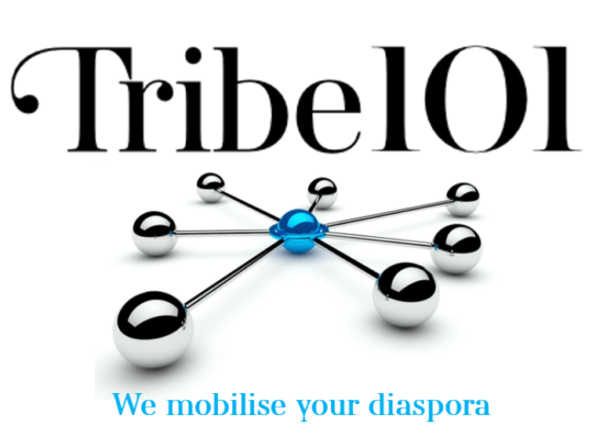
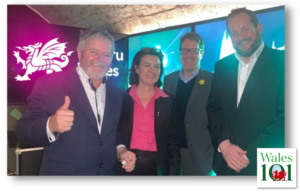 “Wayne was instrumental in our company winning a large multi-year Diaspora engagement contract with the Welsh Government’s International Relations & Trade Department. As the contract was the first of its kind, Wayne’s extensive experience in Government contract negotiations was key to ironing out the details for both ourselves and the Welsh Government. Simply put, you want Wayne in your corner when you are negotiating significant Government contracts at the highest level”. Stephen Treacy, CEO, Tribe101
“Wayne was instrumental in our company winning a large multi-year Diaspora engagement contract with the Welsh Government’s International Relations & Trade Department. As the contract was the first of its kind, Wayne’s extensive experience in Government contract negotiations was key to ironing out the details for both ourselves and the Welsh Government. Simply put, you want Wayne in your corner when you are negotiating significant Government contracts at the highest level”. Stephen Treacy, CEO, Tribe101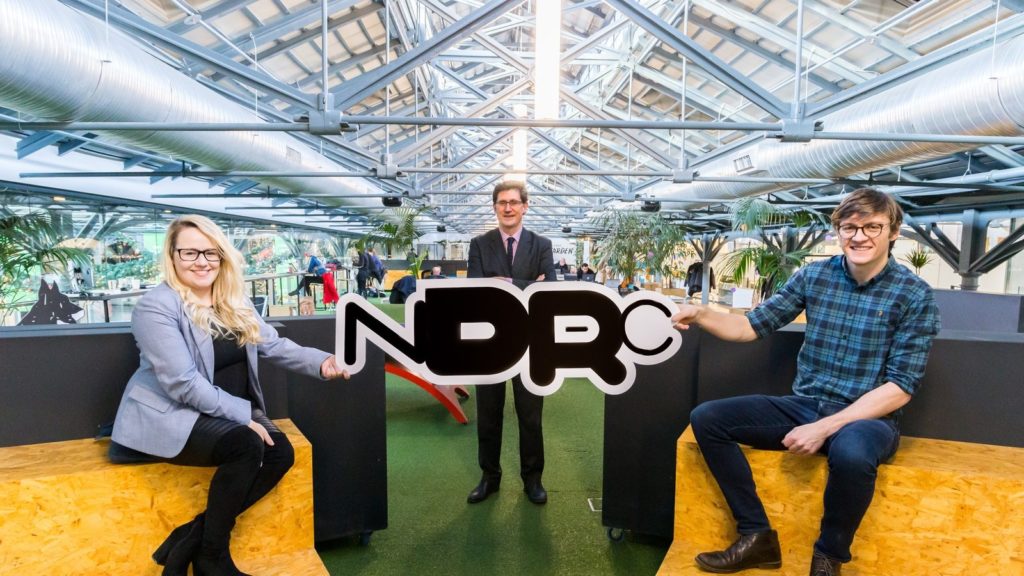

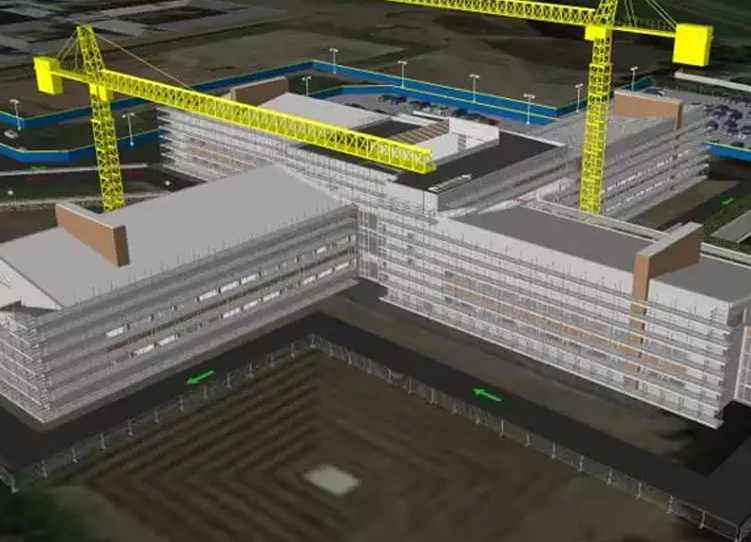
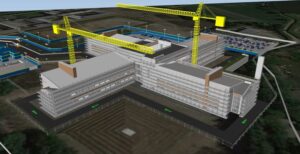 We’re delighted to have worked with Duggan Brothers who were selected as the preferred bidder for the new State Forensics Laboratory (FSL) in Celbridge, Co. Kildare. This new facility will house the recently established DNA database and will provide FSL with a long awaited modern facility, which will ensure the continuing growth and development of forensic science in Ireland.
We’re delighted to have worked with Duggan Brothers who were selected as the preferred bidder for the new State Forensics Laboratory (FSL) in Celbridge, Co. Kildare. This new facility will house the recently established DNA database and will provide FSL with a long awaited modern facility, which will ensure the continuing growth and development of forensic science in Ireland.